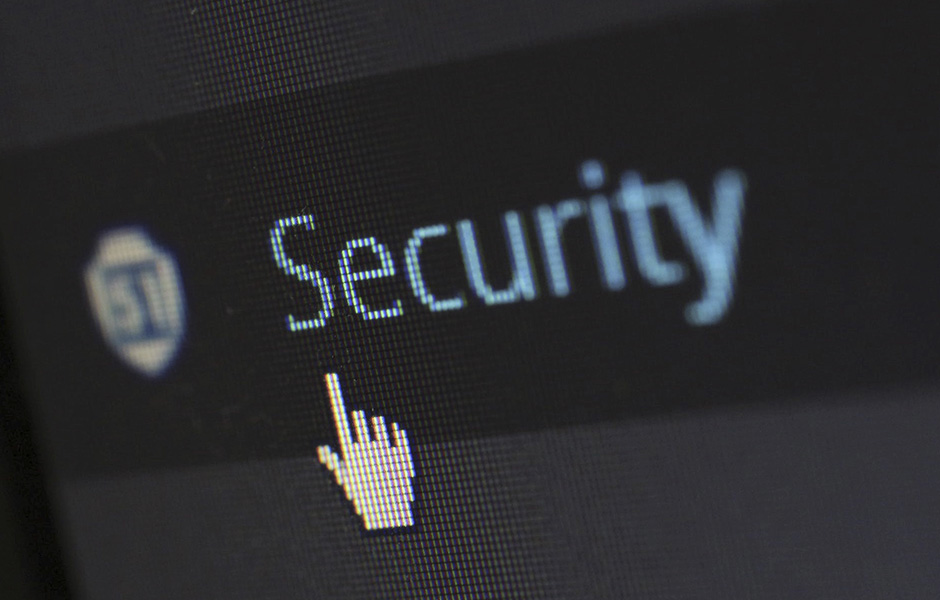More data protection. A researcher at CINTESIS – Center for Health Technology and Services Research created a system that ensures the protection of data and reduces the risk of health information – clinical records resulting from care delivery – being used in a fraudulent manner when reuse for scientific research.
The new system is called DARE – Data Reuse Certificate for Research and is already in use at the Hospital Center of São João in a pilot-phase implementation. The news is featured in this month edition of Acta Médica Portuguesa, the official scientific journal of the Portuguese Order of Doctors.
The DARE attributes a quality seal that “explicitly and unequivocally certifies the legal framework that allows the researcher access to clinical records, making research transparent, reproducible and auditable,” explains Rui Guimarães, author of this idea, a researcher at CINTESIS and responsible for information access at the Hospital Center of São João (CHSJ).
This is a certificate granted to researchers who request the reuse of clinical records for scientific research purposes, which attests to the legal framework allowing for the re-use of the data. In addition, the certificate ensures the suitability of the sources, their thorough identification and the indication of the entity that is legally responsible for their custody.
In other words, the researcher will have to “identify all the cases he consulted in the context of the authorization granted to him,” explains the specialist in Medical Informatics. “This tracking system ensures that scientific research carried out on the basis of health records is reproducible and transparent,” he explains, recalling that this assurance is in the interest of the holders of clinical records (i.e. patients), researchers, universities, research centers and scientific journals that publish the studies.
Clinical research increasingly depends on the re-use of clinical data collected by health care providers on a daily basis. The use of large health data sets makes it possible, for example, to better prevent epidemics, allowing public authorities to make better use of health data for health systems research and reform.
“There is great potential for research in these data and it is natural that its reuse will grow in the coming years,” argues the researcher, stressing the need to prevent bad practices. It should be noted that fraud in scientific research stems from the omission of the sources, the manipulation of information and the difficulty in replicating the studies.
On the other hand, the new system holds both, the research and the entity, accountable for the legal custody of the clinical information. Even though there is a legal framework all throughout the European area that consecrates the right of researchers to reuse clinical records for R&D purposes, and in spite of the fact that such framework is transposed by the Member States into their legal systems, “the truth of the matter is that we do not know about any express and unequivocal mention of the terms and legal framework that allowed access to the clinical records reused in research”. “Neither on the part of the researchers, for whom this is an unavoidable source of information, nor on the part of the institutions that are responsible for the custody of such sensitive patrimony”, clarifies the CINTESIS researcher.
Thus, the specialist criticizes: “this absolute omission of the legal framework that has supported the reuse of clinical records for research purposes does not guarantee the protection of the rights, privacy, secrecy and confidentiality of the persons behind the clinical records”.
Rui Guimarães has been presenting DARE in medical schools and hospitals, in order to extent its use. “The reception of this idea has been very interesting,” he says, adding that he believes that in the medium term this instrument “will become an imperative prerequisite for the publication of scientific journals, as a prerequisite for ensuring a higher quality and suitability of information that supports scientific research of a clinical nature”.
Next step? “To expand the scope of DARE to the field of Ethics so that institutional ethics committees certify, alongside the Law, that a given research study has received a deontological opinion,” concludes Rui Guimarães.

